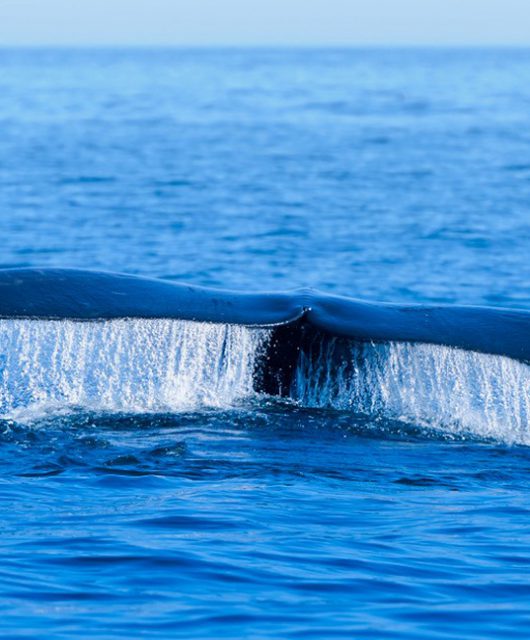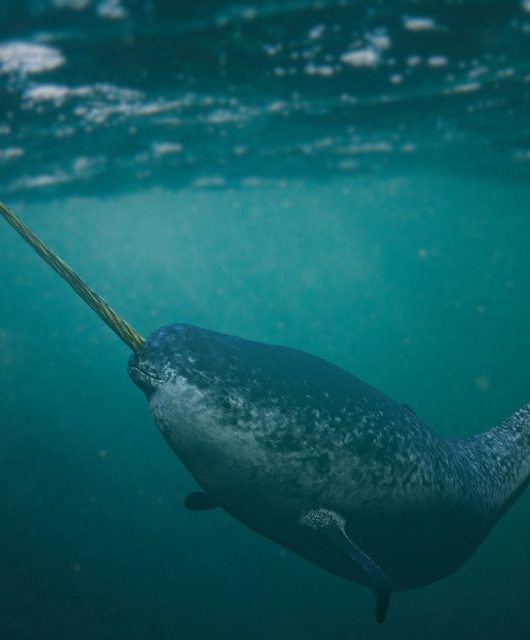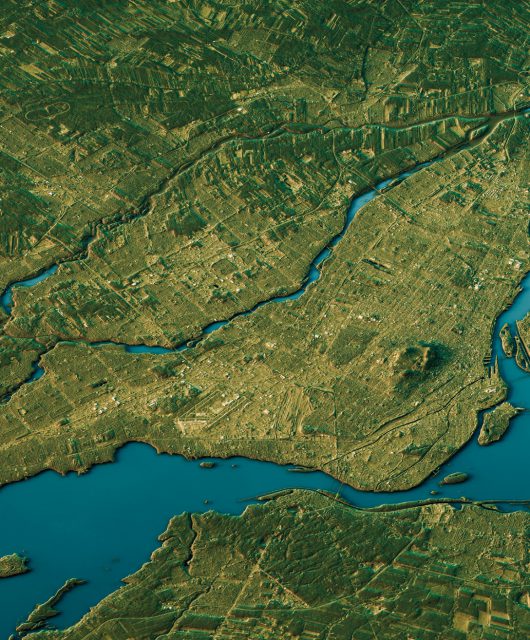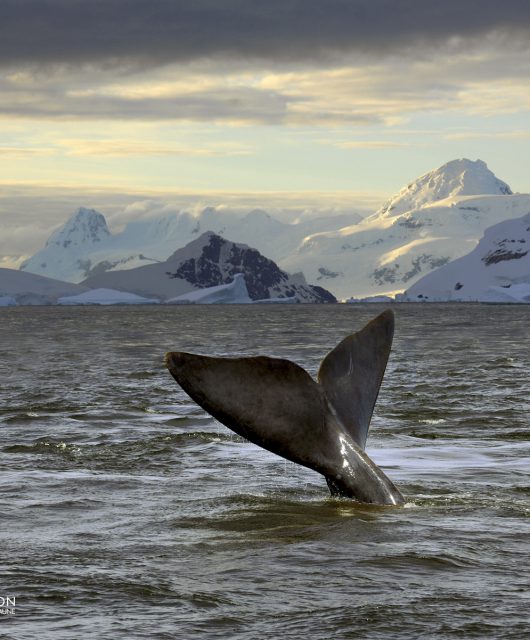The start of summer brings whales into Canadian waters as they migrate to their feeding grounds. It also marks the beginning of seal pupping season. These events increase the chance of marine animal emergencies, and the efforts by Canadian response networks.
The Canadian Marine Animal Response Alliance (CMARA) is the association of regional response networks that assist in marine animal emergencies across Canada. So far this year, CMARA members have responded to more than 75 incidents across the country. This number is only going to increase with the busy season about to begin.
West Coast
On the Pacific coast, the British Columbia Marine Mammal Response Network has responded to entangled sea lions, a Gray Whale carcass, and multiple pinniped rescues by the Vancouver Aquarium Marine Mammal Response Centre. The Network also released a rehabilitated Northern Fur Seal in the month of June. This is a first time the Centre has rehabilitated and released this species.
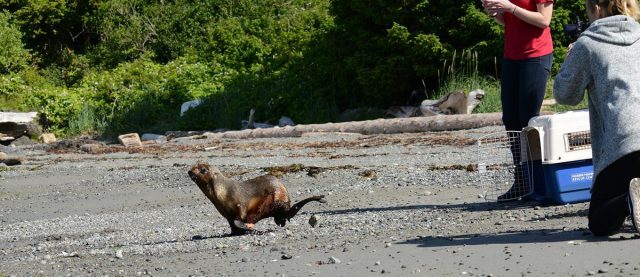
East Coast
The Quebec Marine Mammal Emergency Response Network has responded to many stranded carcasses of cetaceans and pinnipeds this year, as well as the relocation of a vagrant (an individual outside of their normal range) Beluga Whale. In collaboration with many organizations, including DFO and the Marine Animal Response Society of the Maritime Marine Animal Response Network (MMARN), the young Beluga was transported from the Nepisguit River, New Brunswick, to a pod of Belugas in St. Lawrence Estuary.
MMARN has also dealt with necropsies (animal autopsies) this year, for marine mammals including a juvenile Blue Whale, a Sowerby’s Beaked Whale, and a Bottlenose Dolphin. These necropsies investigate how these animals died and help scientists to learn more about these species.
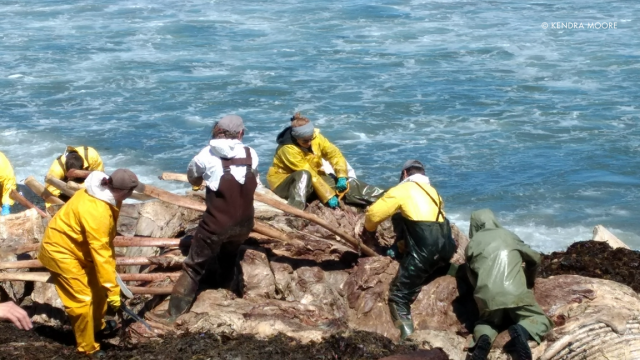
Newfoundland and Labrador’s Whale Release and Strandings Group has responded to multiple species being affected by pack ice, including a Humpback Whale and White-beaked Dolphins, which were rescued with the help of Bell Island community members. The Newfoundland and Labrador network also successfully disentangled a Minke Whale from lobster and crab traps in Bay St. George, NL, in June. Entanglement is one of the leading human threats for whale species and is a common within Newfoundland and Labrador waters.
As you can see, this has certainly been a busy year so far. Thanks to the tireless efforts of CMARA regional networks and volunteers, there have been many success stories and opportunities to understand more about marine species.

